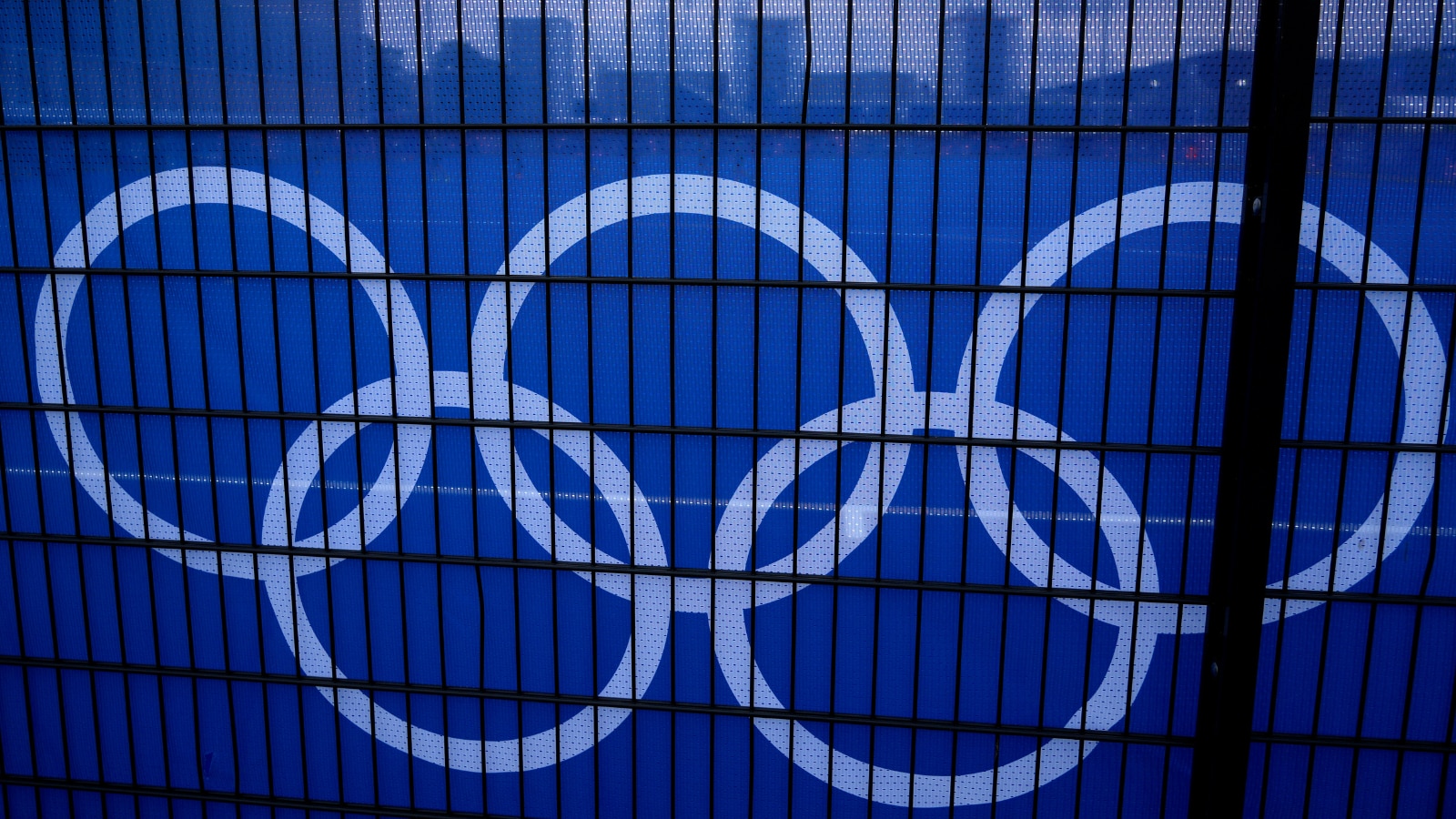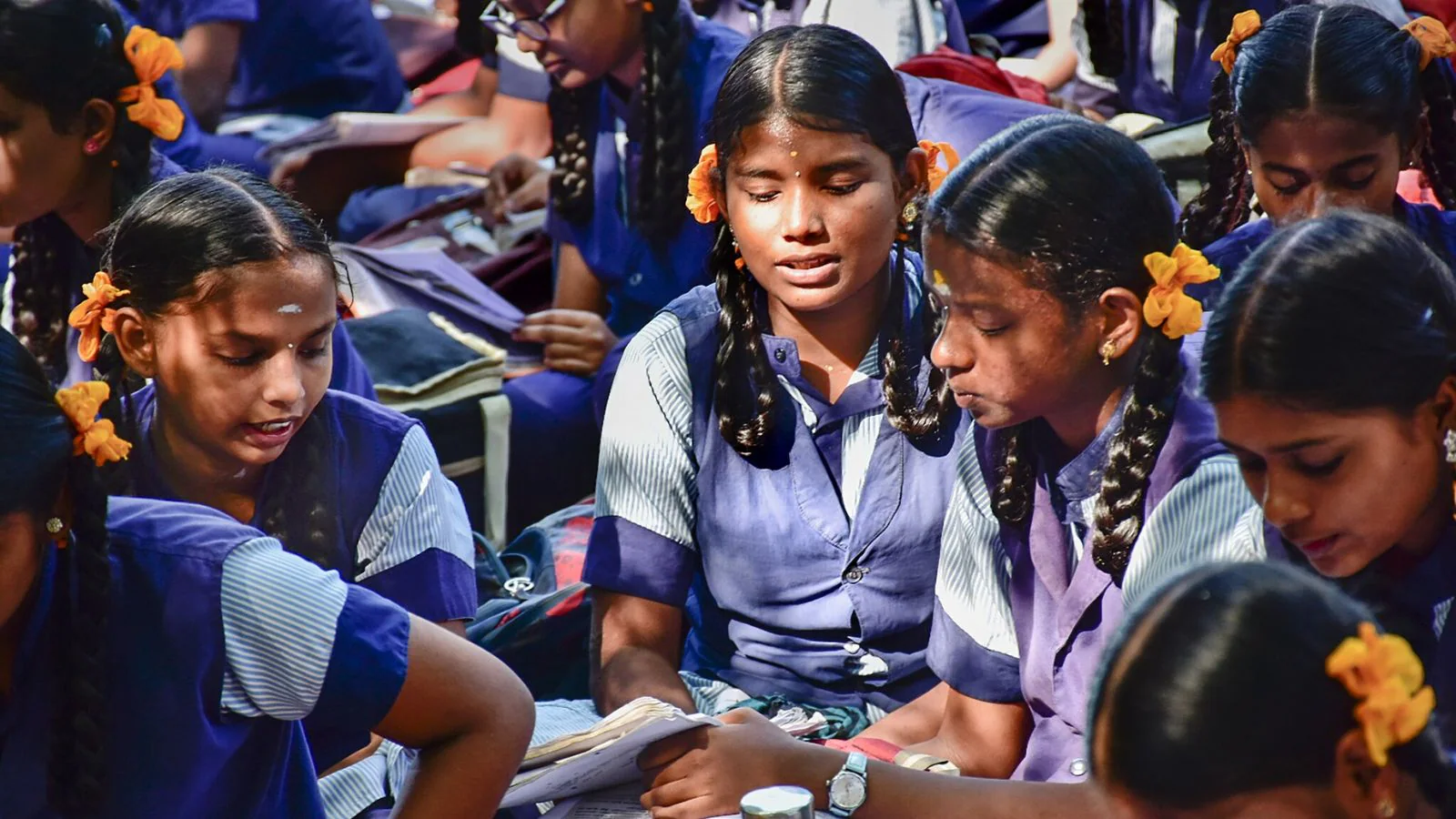By News18,Rudransh Khurana
Copyright news18

India’s bid to host the 2036 Olympics is getting more difficult by the day. An AFP report now claims that the country’s notoriety as one of the world’s leading doping offenders could be a huge factor against the dream.
The International Olympic Committee (IOC) has expressed concerns about the high number of Indian athletes using performance-enhancing drugs. The same sentiment has been echoed by Olympic champion Neeraj Chopra, who in 2021, urged athletes to focus on good nutrition, ample rest, and hard work instead of doping.
Last month, the Indian Olympic Association (IOA) established a new anti-doping panel in response to the IOC highlighting India’s poor track record. Additionally, the government has enacted a national anti-doping bill to enhance enforcement, expand testing facilities, and uphold the highest standards of integrity in sports.
Michael Payne, former IOC marketing director, emphasized the necessity of a robust doping policy and governance for any potential Olympic host.
“Obviously the IOC would want to make sure that in awarding the Games to a country, the host has a robust doping policy and governance,” he told the news agency.
According to the World Anti-Doping Agency (WADA), India is among the top offenders in countries submitting over 1,000 samples. India’s national anti-doping agency, NADA, argues that this is due to more rigorous testing in a country of 1.4 billion people.
Out of 5,606 samples collected in 2023, 213 tested positive. Experts highlight the synthetic steroid stanozolol as the most commonly used banned substance by Indian athletes.
Despite its large population, India has secured only 10 Olympic gold medals in its history. Experts attribute the willingness of some athletes to risk doping to the desire to win medals and escape poverty. Achievements in sports can lead to prestigious government jobs, providing lifelong financial security.
Lawyer Saurabh Mishra, who has represented athletes in doping cases, explained to the agency that athletes recognize the risks but believe that winning medals can secure government jobs. He said that some athletes unknowingly consume banned substances through supplements or medicines, while others take risks with full awareness, sometimes encouraged by their coaches.
As India competes with Indonesia, Turkey, Chile, and Qatar for the 2036 Games, it would need to demonstrate its credibility. Payne pointed out that many past Olympic hosts had their own doping issues.
However, he emphasized that India’s greater challenge lies in proving its overall operational capabilities, referencing the corruption-tainted 2010 Commonwealth Games in New Delhi.



